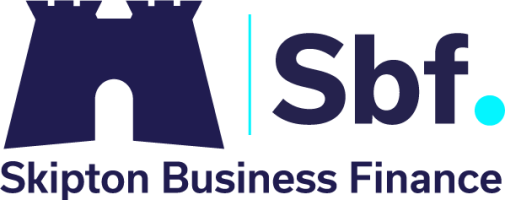The number of signatories on the Prompt Payment Code, set up by the Institute of Credit Management in October last year, has tripled in the last few months, it was reported last week.
Currently there are 1,319 businesses signed up to the code, with 64 of these being FTSE 100 companies. In total, 121 FTSE 350 firms have committed to the code, up from just 39 in October.
The code was originally set up to commit the UK’s biggest firms to reducing the burden of late payments on smaller firms by paying them quicker, so ensuring their cashflow isn’t hindered.
However, fears persist that the code is being used more as a publicity exercise, with major companies working on long payment times of 90 days or more still allowed to sign the code.
The Forum of Private Business (FPB) has urged for the code to be altered to prevent businesses with payment terms of 90 days signing up. Phil Orford, Chief Executive of the FPB, said: “No one in their right mind can think 90-day payment terms are prompt, so why should they be allowed to sign the Prompt Payment Code? It’s a ridiculous situation that has to stop.”
EU directive
A new EU directive on late payments is set to benefit a number of SMEs, especially those dealing with the government.
On 13th March, the Late Payment Directive will take force, which will see 30 days be the standard payment period unless otherwise stated. This will particularly affect public authorities, which will be committed to setting invoices inside 30 days, or, if exceptional circumstances dictate, 60 days.
For more information on the new initiative, see this link.







